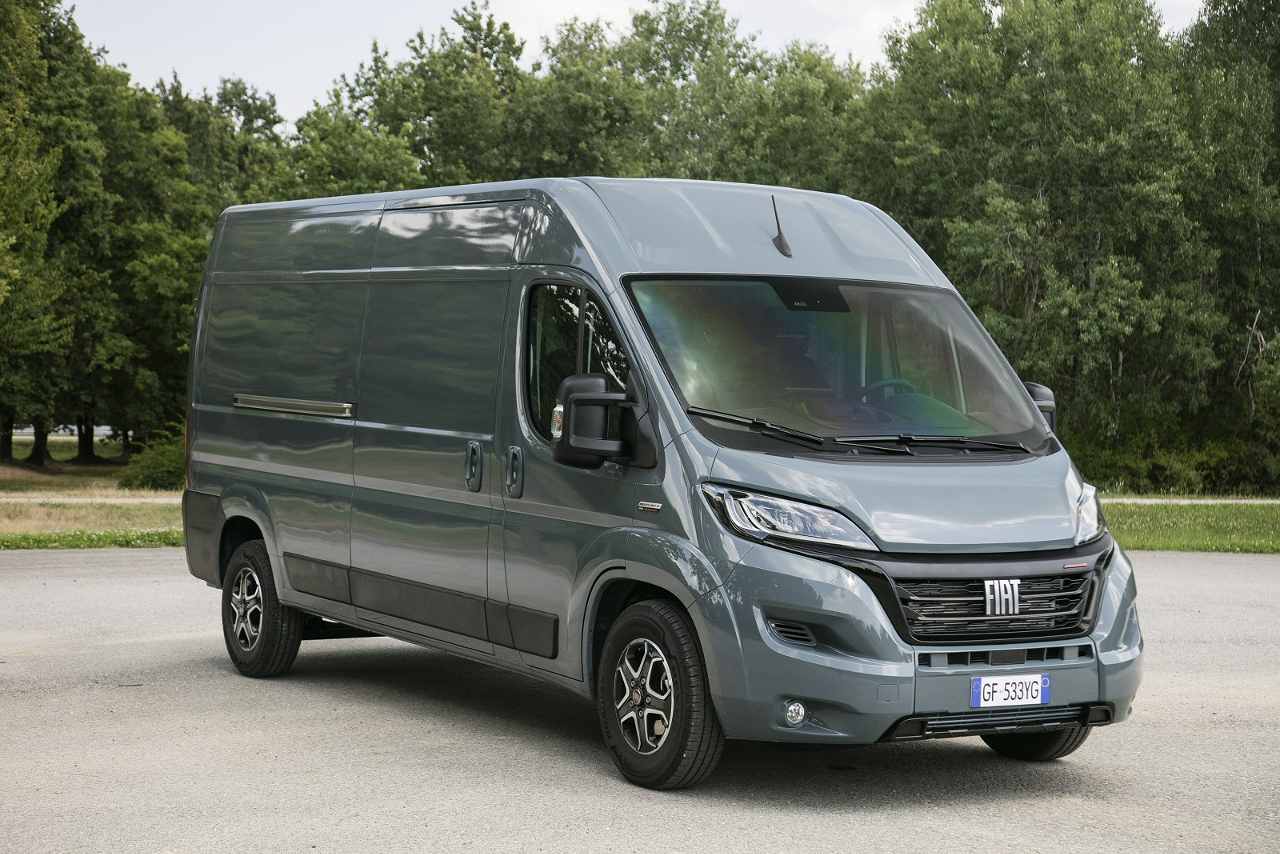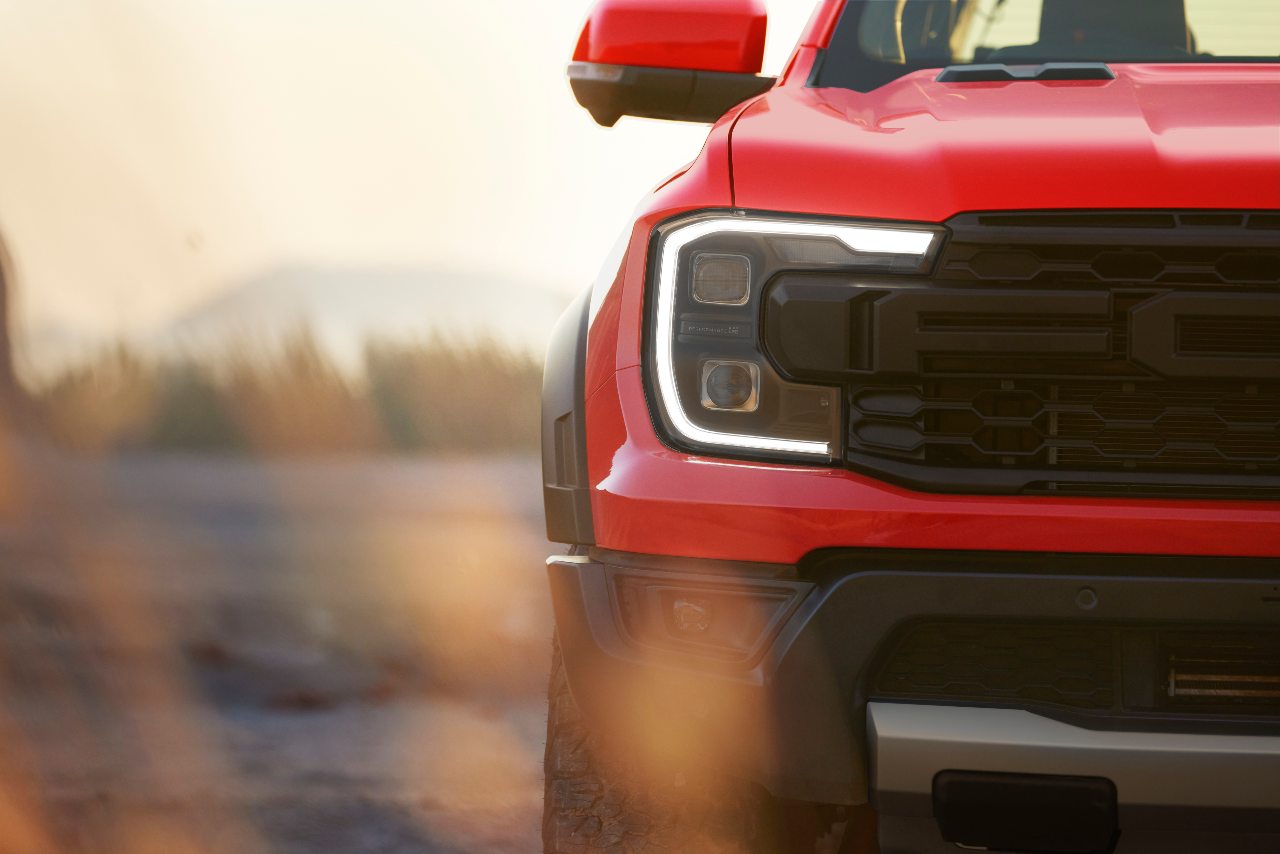All you need to know about residual value...
You know the drill.... leasing a vehicle involves a small deposit and manageable monthly payments – that's why it's such an attractive option. But, how are these payments calculated and what influence does residual value have? Vanarama's Laura Day reports.
An important aspect of leasing – perhaps the most important – is the residual value of the vehicle at the end of the agreement. It's a crucial element of the leasing process, so let's take a closer look and see how it determines the price of leasing your brand-new vehicle.
What is the residual value?
A vehicle's residual value is an estimate of how it will be worth when the lease term is over.
This calculation will be factored into your monthly lease payments, so it's worth doing some of your own research to understand what the estimated residual value of your vehicle would be, before signing a contract.
The residual value considers expected depreciation in value, historical demand for your chosen model and the effect of expected mileage.
Why is residual value important?
The residual value is important because the depreciation amount between your car's current value and residual value is used to calculate part of your monthly payments on the vehicle. The rest is made up interest, fees and taxes.
Calculating residual value
Here's a very basic example:
- Let's say you decide to go for a 3-year lease on a vehicle worth £30,000.
- At the end of your lease, the residual value of the vehicle has been calculated as £15,000.
- So, during your lease the vehicle will lose 50% of its value.
- This means that 50%, in this case, £15,000 – will be spread through your monthly lease payments.
Always compare
A word of advice – make sure you compare different residual values between different finance companies.
This way you'll have a rough idea of what the correct average residual value for your chosen vehicle is, and will feel confident with the number you're given during lease negotiations.
Doing the maths
Leasing is designed to offer flexibility and low monthly payments – it allows you to drive a brand-new vehicle for a fraction of the price you would pay if you were to buy one outright.
That's the truth! When you lease, you only pay for the depreciation that occurs on the vehicle during the time that you have it (plus the interest, fees and taxes).
Leasing a vehicle is the perfect way to minimise your outgoings and organise them into affordable monthly payments, especially if you choose to lease with a company like Vanarama – we offer the best deals, with guaranteed FREE & FAST delivery.
Enjoyed this post? Why not try this one about the importance of servicing your vehicle. Alternatively, if you have any questions, call us on 01442 838195. We are always happy to help.




